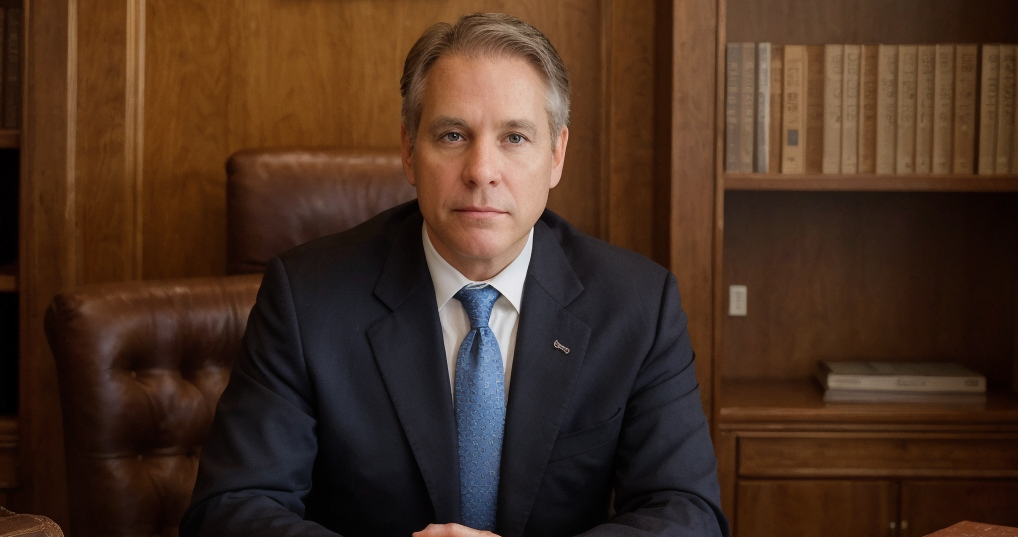
As you edge closer to swapping your morning alarm for the calmness of retirement, it’s important to tidy up the less glamorous yet undeniably important aspects of our lives—estate planning. Estate planning might sound boring, but it’s a very important thing to do before you retire. Here are ten ways to hit to do it – and do it will!
1. Will Power

Think of your will as the greatest hits album of your life. It’s where you lay down the final tracklist of who gets what so that your treasured bass guitar doesn’t end up in hands that can’t carry a tune. If you get your will organized, you’ll be able to ensure that your legacy plays on, even if you’re not around for the encore.
2. Trust in Trusts

Another important step is to establish a trust. This way, your assets can skip the long lines of probate court and keep everything sailing smoothly after you’re gone. It’s a smart move if you want to ensure your estate doesn’t get stuck in legal limbo. After all, nobody wants to deal with that!
3. Power Play

Designating a power of attorney means giving a reliable individual the authority to manage crucial aspects of your life should you become unable to do so yourself. This includes financial affairs and healthcare decisions. Doing so means that every critical decision is in good hands and your personal affairs are managed well.
4. Healthcare Headliner

An advance healthcare directive is an important document that shows your wishes for medical treatment in situations where you’re unable to express them. It acts as a guide for healthcare providers so that your healthcare preferences are known and respected. As such, doctors can keep your well-being front and center.
5. Beneficiary Bonanza

Updating your life insurance beneficiaries means that lawyers can pass on your financial legacy exactly as you intended. This process is straightforward yet necessary to ensure that your assets are given to the right people. It requires a lot of precision and care, but you seriously can’t overestimate its importance.
6. Retirement Rollerover

If you move your retirement funds into an IRA or a comparable plan, you’ll be able to tidy up your finances and cut down on those pesky fees. Doing this will allow your nest egg to continue growing alongside you. It’ll be ready to hatch in sync with your dreams for retirement, giving you all the cash you need.
7. Digital Debut

One thing many people forget about is safeguarding online treasures. Whether it’s tweets, emails, or Bitcoin, you want to make your digital legacy work alongside your real-world goals. This way, you can secure your online identity and valuables with the same passion that you have for your physical assets.
8. Tax Tune-Up

We also strongly recommend speaking with a tax professional so you can fine-tune your estate for the best tax benefits. Doing so can help you change your estate to follow tax laws and lighten the financial load on your heirs. After all, don’t you want the inheritance process to be simple?
9. Philanthropic Feature

If you’re feeling particularly generous, you might want to integrate charitable contributions into your estate plan. This will allow you to leave a positive impact on the causes you care about and may also provide some tax benefits. Even after you’re gone, you can still make a lasting difference.
10. Regular Review

Consistently reviewing and updating your estate plan is important so that it reflects your current wishes and life circumstances. No matter how your life changes, whether it’s through family relationships or financial situations, you should change your estate plan to reflect this. This means that it will continue to accurately reflect your future plans.
A Serious Task

We get it – estate planning before retiring isn’t the most exhilarating task, but it’s certainly one of the most important. Without it, there’s no way you can retire peacefully and securely. Don’t you want to know you’ve given it all down to the very last detail? So, take these steps, fine-tune your estate plan, and then go ahead – enjoy your retirement!

Tamila McDonald is a U.S. Army veteran with 20 years of service, including five years as a military financial advisor. After retiring from the Army, she spent eight years as an AFCPE-certified personal financial advisor for wounded warriors and their families. Now she writes about personal finance and benefits programs for numerous financial websites.
Leave a Reply